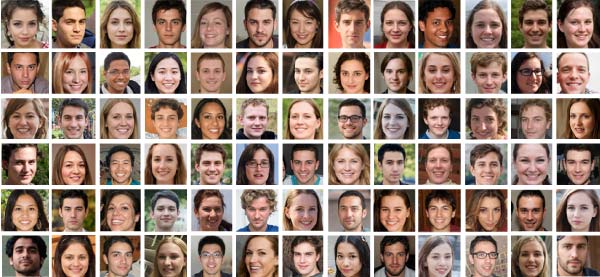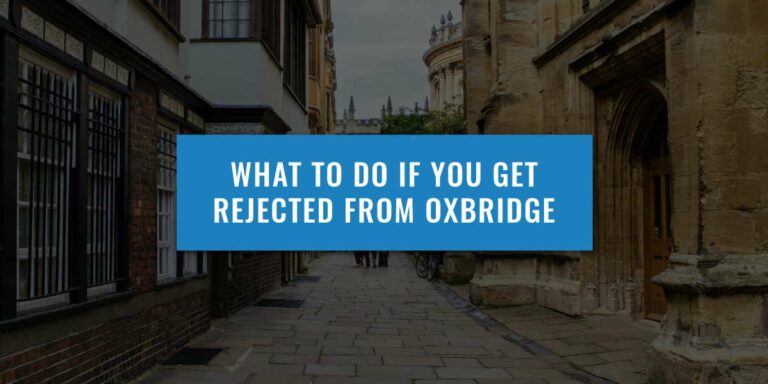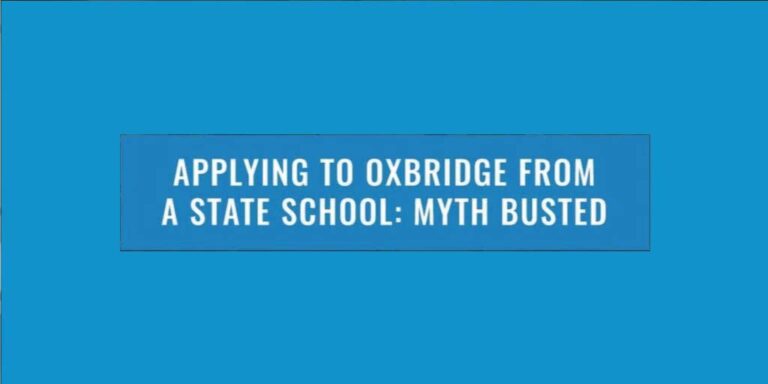Thinking about studying Law at Glasgow Law School?
Glasgow Law School is a Russell Group University and has been ranked 8th best law school in the UK according to The Guardian University League Tables in 2025.
Founded in 1451, it is the fourth oldest university in the UK and it is renowned for its excellent research, teaching and student experience. The City of Glasgow is also regarded as one of the world’s top student destinations due to its exciting cultural attractions, architecture, shopping and events.

Undergraduate Degrees At Glasgow Law School
At Glasgow Law School, it is possible to study either Scots Law LLB or Common Law LLB as an undergraduate.
Either course can be studied to Ordinary Level, which is 3 years in length, or Honours Level, which is 4 years in length. Both the Common Law and Scots Law courses include the option to study abroad for the whole or part of the third year.
As a Glasgow Law student, there are also opportunities to take part in mooting competitions and volunteer for the Citizens Advice Bureau and Law Centres. There are many opportunities to develop your skills and widen your experience and benefit from the excellent teaching.
Earn Glasgow Law success by starting your preparation early.
When you enrol with UniAdmissions, we will prepare you for every step of your application, including writing the perfect Personal Statement and scoring highly on the LNAT to get your dream Glasgow Law offer.
Discover our Law Full-Blue Programme for comprehensive admissions support by booking a Free Admissions Consultation today.
Glasgow Law School entry requirements
You should be aware of the Glasgow Uni Law entry requirements when applying. In addition to the grades and subjects mentioned below, you also need to take the Law National Aptitude Test (LNAT).
A-Levels
The Glasgow Law entry requirements for both the Common Law and Scots Law courses are AAA at A-Level. This is the standard academic entry requirement and there is no minimum academic entry requirement. You must also have an A-Level in a Humanities subject and a GCSE in English at a minimum grade of A or 7.
Highers
The Glasgow Law entry requirements for both the Common Law and Scots Law courses are the same:
- AAAAB is the minimum S5 academic entry requirement for S6 offer consideration, although offers are not guaranteed at this level.
- AAAAAA at Higher is typically where offers are made for S6. B in Advanced Highers are equivalent to an A in Higher.
- Higher English and Advanced Higher English or Humanities are required for applicants. Higher Mathematics is recommended.
- The SQA Higher Adjusted Entry Requirements are ABBBB at MD20 and AAABB at MD40.
If you have been involved in an Access Glasgow widening participation programme, the Glasgow Law entry requirements will be lowered for you. The programmes are open to some Scottish applicants and any applicant who has been in Care. Click here for Access Glasgow information on the Glasgow University website.
International Baccalaureate
For both Common Law and Scots Law degrees, the standard academic entry requirements are 38 points with 6,6,6, in three HL subjects. The minimum academic entry requirements are 34 points with 6,5,5 including HL Humanities. You must also study English at SL6.
The Law National Aptitude Test (LNAT)
As part of Glasgow Law entry requirements, applicants must also sit the LNAT. The LNAT, otherwise known as the Law National Aptitude Test, is used to test a students’ comprehension, reasoning, and interpretation skills, as well as their ability to put forward a compelling argument.
Whilst usually there is not an official ‘cut off’ score, it’s important to note which scores will ultimately help in your application and to keep in mind what the test is marked out of.
- The average score for students who have sat Section A of the exam has varied over the years but, generally, it is around the 22 marks out of 40 range.
- Section B is an essay based question that also has no fixed weighting. Our LNAT Preparation guide runs through each section so you know exactly what to expect.
As you can see there are many aspects to the Glasgow University Law entry requirements, but what you should keep in mind above all else is that they are looking for well-rounded applicants who have, and can demonstrate, a passion for Law.
This table summarises everything that you need to know about the Glasgow Law Entry Requirements:
| SCOTS LAW LLB | COMMON LAW LLB | SCOTS LAW (GRADUATE ENTRY) LLB | COMMON LAW (GRADUATE ENTRY) LLB | |
|---|---|---|---|---|
| Degree | No | No | 2.1 Honours degree or equivalent. | 2.1 Honours degree or equivalent. |
| SQA Higher Entry Requirements (by end of S6) | AAAAAA Higher (AAAAB S5 minimum for consideration) Additional requirements: Higher English & Advanced Higher English or Humanities. | AAAAAA Higher (AAAAB S5 minimum for consideration) Additional requirements: Higher English & Advanced Higher English or Humanities. | ||
| SQA Higher Adjusted Entry Requirements* (by end of S6) | MD20: ABBBB MD40: AAABB Additional requirements: Higher English,. Successful completion of Reach. | MD20: ABBBB MD40: AAABB Additional requirements: Higher English. Successful completion of Reach. | ||
| A-level Standard Entry Requirements | AAA Additional requirements: A-level Humanities and GCSE English Grade A/ 7. | AAA Additional requirements: A-level Humanities and GCSE English Grade A/ 7. | ||
| IB Standard Entry Requirements | 38 (6,6,6 HL) – 34 (6,5,5 HL) Additional requirements: HL Humanities and SL6 English. | 38 (6,6,6 HL) – 34 (6,5,5 HL) Additional requirements: HL Humanities and SL6 English. | ||
| LNAT | Yes | Yes | No | No |
Career prospects for Glasgow Law Graduates
Glasgow Law School offers a range of opportunities to its students that are attractive to employers including internships, mooting competitions, speaker events and study placements abroad. Graduates frequently go on to have careers as Solicitors and Barristers.
Graduates of Glasgow Law School are not limited to a career in Law. While the Law courses provide students with a detailed understanding of Law, students also develop a variety of transferable skills that are beneficial to other professions, for example: civil service, local government, journalism, banking and the police service.

The Glasgow Open Justice initiative gives Law students fantastic opportunities to use their legal knowledge and skills to make a difference in society by undertaking work experience and placements. Students can also take part in the Go Justice Challenge which develops students’ analytical, research and oral written and communication skills.
Glasgow Law School Course Fees
Course fees differ between students, for example, Scottish Students, English, Welsh and Northern Irish Students, Self-funding Students and EU and International Students.
| |
|
|---|---|
| Scottish students | £1,820 (If you meet the Student Awards Agency for Scotland then your tuition fees are paid for you) |
| English, Welsh and Northern Irish students | £9,250 (The tuition fee for a four year degree is currently capped at £27,750 in total) |
| EU students | £21,600+ |
| International students | £21,600+ |
Cost of living as a Glasgow Law School Student
Glasgow University suggests that a single student needs £11,300 – £16,000 per year to live comfortably. This figure is based on a student living in averaged priced self-catering accommodation and includes food, entertainment, clothes, travel, personal items, entertainment, telephone/internet, books and stationery. Unexpected expenses and tuition fees are not included in this figure.
Extra-Curricular Activities at Glasgow Law School
Through the Student Representatives Council at the University of Glasgow, all students have access to a wide variety of societies and clubs covering almost any hobby and sport that you would wish to take part in.
For Law students in particular, you will be able to join the Glasgow University Law Society. Recognised as one of the oldest and most popular societies in at the university, becoming a member will give you ample opportunities to participate in both professional and social experiences that will enhance your studies and your time at uni. This includes an annual celebratory ball for all members.
Final thoughts
- Glasgow School of Law is a school with a rich heritage at a university that ranks highly in the world.
- The school is well regarded for its graduate prospects by providing opportunities such as internships and study placements abroad.
- Make sure you familiarise yourself with the different Undergraduate Law Degrees and their individual requirements as there are clear differences between each Degree.
Thinking about applying for a Law Degree?
We provide Law specialised support to help you craft the perfect application and ace your LNAT. Enrol on one of our Programmes to triple your chances of success.
UniAdmissions prepares you for every step of your application, including writing the perfect Personal Statement and scoring highly on the LNAT to get your dream Law offer.
Discover our Law Full-Blue Programme for comprehensive admissions support by speaking with our Admissions Team to enrol and triple your chances of success.








